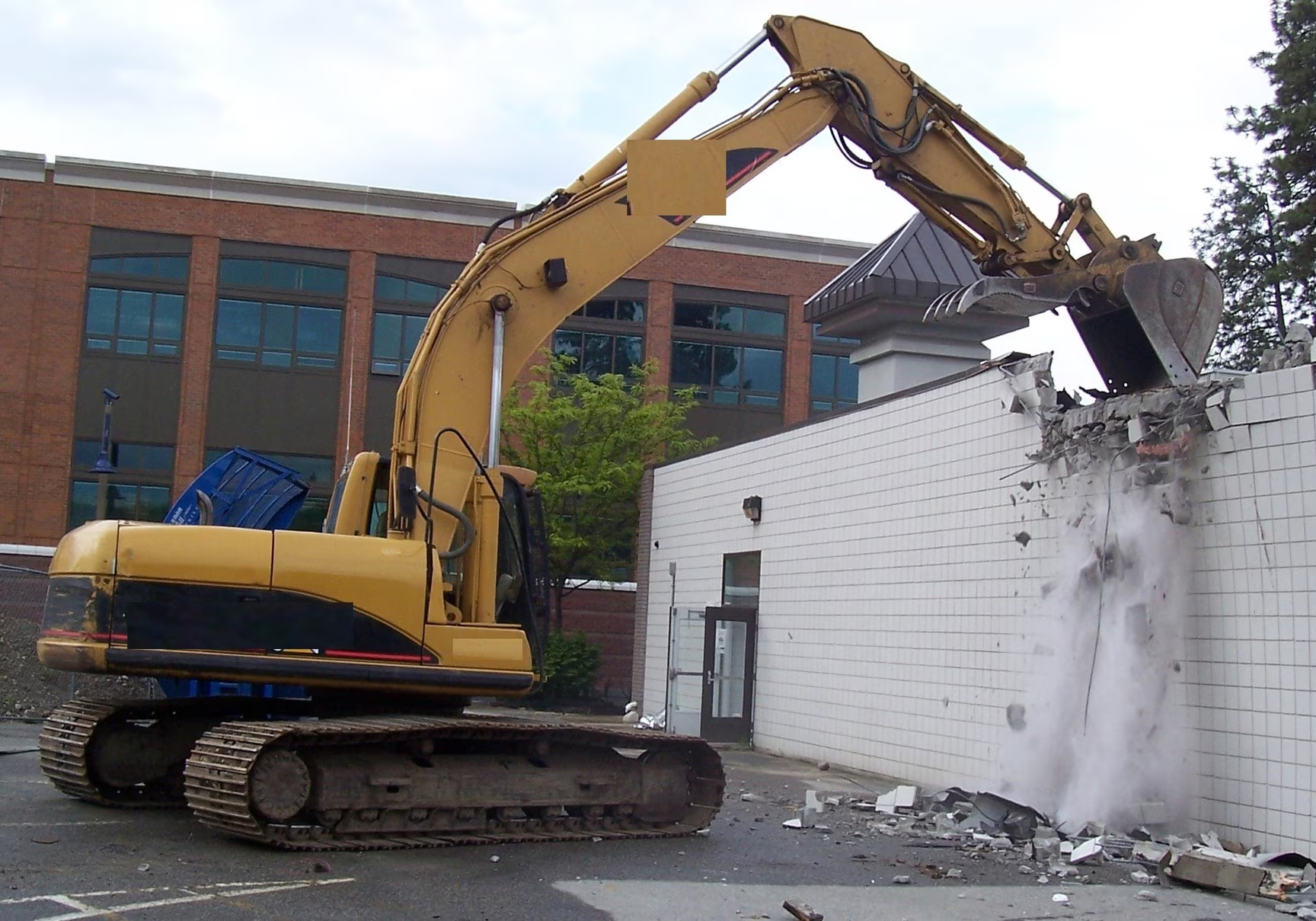Starting a career as a demolition contractor and used scrap material purchaser can be a profitable and rewarding business. The construction industry always needs professionals who can safely tear down old structures and recycle valuable materials. If you’re interested in this field, here’s a step-by-step guide to help you get started.
1. Understand the Demolition Industry
Before jumping into the business, learn how demolition works. Demolition involves tearing down buildings, bridges, or other structures safely. Contractors must follow local laws, environmental rules, and safety standards.
As a used scrap material purchaser, you’ll buy leftover metals, concrete, wood, and other materials from demolition sites. These materials can be resold or recycled, making this a sustainable and money-making opportunity.
2. Get the Right Training and Certifications
Demolition work is risky, so proper training is essential. Many trade schools and organizations offer courses in:
– Demolition safety
– Heavy equipment operation
– Hazardous material handling (like asbestos)
Certifications from OSHA (Occupational Safety and Health Administration) will help you stay compliant with safety laws. If you plan to offer demolition estimating services, learning how to calculate project costs accurately is crucial.
3. Create a Business Plan
A solid business plan will guide your growth. Include:
– Startup costs (equipment, licenses, insurance)
– Target market (homeowners, construction companies, government projects)
– Revenue streams (demolition contracts, scrap sales)
If you want to provide demolition estimating as a service, outline how you’ll price jobs and attract clients.
4. Obtain Licenses and Insurance
Most states require demolition contractors to have a license. Check your local regulations. You’ll also need:
– General liability insurance (covers accidents)
– Workers’ compensation (if you hire employees)
– Environmental permits (for handling hazardous waste)
5. Buy the Right Equipment
Basic demolition tools include:
– Excavators and bulldozers
– Jackhammers and sledgehammers
– Safety gear (helmets, gloves, masks)
For scrap purchasing, you’ll need:
– A truck or trailer for transporting materials
– Storage space for collected scrap
– A scale to weigh metals
6. Build Relationships with Suppliers and Buyers
Networking is key in this business. Connect with:
– Construction companies (they often need demolition services)
– Scrap yards (they buy used materials)
– Local contractors (they may refer clients to you)
If you offer demolition estimating services, real estate developers and builders will be your main clients.
7. Market Your Business
To attract customers:
– Create a website (showcase past projects and services)
– Use social media (Facebook, Instagram, LinkedIn)
– List on Google My Business (helps local clients find you)
If you specialize in demolition estimating, highlight your expertise in cost calculation and project planning.
8. Start Small and Grow
Begin with smaller projects (like house demolitions) before taking on large commercial jobs. As you gain experience, you can expand your services.
9. Stay Updated on Industry Trends
New demolition techniques and recycling methods emerge often. Follow industry news to stay competitive.
Final Thoughts
Starting as a demolition contractor and used scrap material purchaser requires planning, training, and hard work. By offering demolition estimating services, you can add extra value to your business. Focus on safety, build strong connections, and market your services well to succeed in this growing industry.





